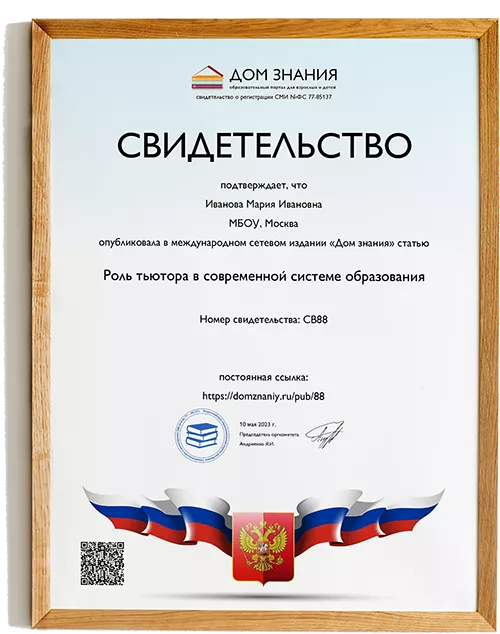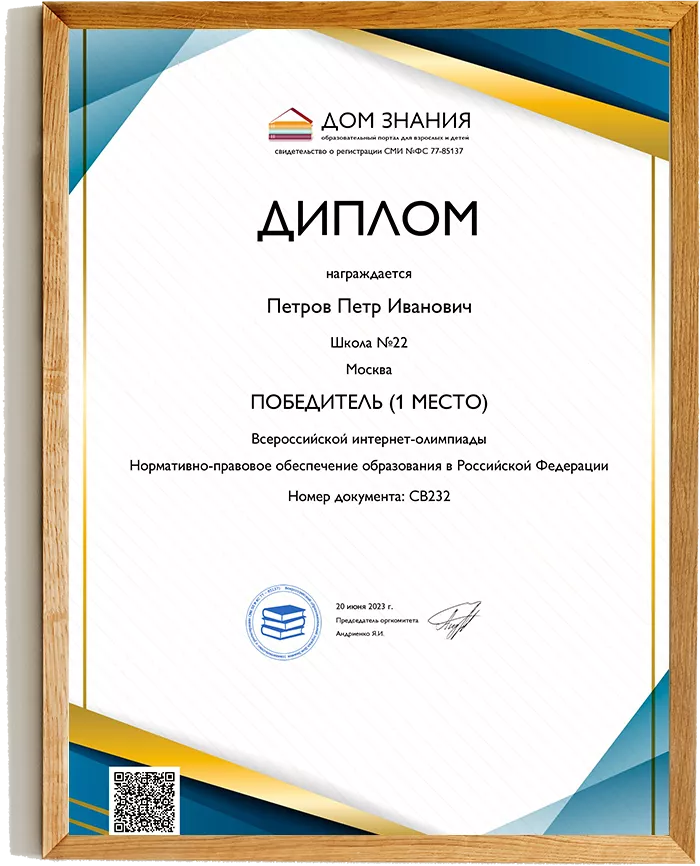ГУО «СШ № 45 г. Могилёва», учитель английского языка высшей категории
Москалёва Екатерина Анатольевна
Тема: «Туризм»
Подтема: «Виды туризма»
Класс: 11
Тип урока: урок ознакомления с новым материалом.
Прогнозируемый результат:
- освоить и отработать новые лексические единицы по данной теме;
- уметь максимально извлекать необходимую информацию при прослушивании текста;
- уметь высказать свое мнение о том, хотят ли они попробовать необычный вид туризма и почему.
Образовательная цель урока: развитие коммуникативной компетенции в рамках темы.
Сопутствующие задачи урока:
в
вести и первично закрепить лексическ
ий
материал по теме
;
развивать умения поискового и
изучающего
чтения.
Развивающие цели:
развитие навыков восприятия и понимания речи на слух;
развитие
умений и
навыков
диа
логической речи;
развитие
метапредметных
связей
(
география
);
развитие навыков умения работать в
паре
;
развитие логического мышления
, языковой догадки
и умения сравнивать и анализировать.
Воспитательные цели:
создание условий для уважения туристических традиций разных стран
(в рамках социокультурной компетенции)
;
содействие
воспитани
я
уважения к
мнению
собеседник
а
.
Формы организации деятельности: индивидуальная и парная.
Оборудование: учебное пособие для 11 класса учреждений общего среднего образования с русским языком обучения (Н.В. Юхнель, Н.В. Демченко,
В.Р. Романчук, 2021), картинки, компьютер, презентация,аудиозапись, открытки с названиями стран, мобильные телефоны, раздаточный материал.
Ход урока
I. Организационно-мотивационный этап (3 мин)
Speaking activity
The teacher prints out and cuts into pieces the word Tourism.
T: Good morning, dear pupils! Welcome to our lesson. Now, please, look at the blackboard, you can see a puzzle. Your task is to unscramble this word and tell me the topic of today’s lesson.
Ss solve the puzzle
T: Yes, you are completely right. The word is “TOURISM”.
2. Актуализация знаний (2 мин)
Speaking activity
T: Now tell me your associations with this word (pupils give their answers).
TOURISM
3. Целеполагание (2 мин)
T: The aim of our lesson is to discuss popular types of tourism in the 21st century. The key-question for the lesson is: If you were offered an unconventional type of tourism, would you like to experience it? Why (not)?
In order to achieve our aim, we are going to do a lot of interesting things. We should remember new words, develop our memory and logical thinking, develop listening, reading and speaking skills, work in pairs, be positive, creative and active!
4. Операционно-познавательный этап (20 мин).
Speaking activity
T.: Look at the pictures in the ex. 2a, p. 194 in SB and tell me what people do on these holidays.
Ss share their ideas in turn.
Pre-listening activity
T.:In order to be able to speak about tourism let’s study the latest trends in tourism. I suggest doing online exercise on Learning Apps using your mobile phones. Please, match the trends with the pictures.
Ss share their ideas in turn.
1
2 3
KEYS:
Yoga tourism
2.
Voluntourism
3.
Health tourism
4.
Slum tourism
5.
Space tourism
Jailoo tourism
7.
Tracing film locations
8.
Gastronomy tourism
9.
Ecotourism
Listening activity
T.: Now we are going to listen to the podcast about tourism trends in the ex. 2b, p. 195. What pictures from ex. 2a, p.194-195 in SB show the types of tourism mentioned in the listening?
A script
As tourists become more and more demanding the travel industry comes up with new types of holidays tailored to people’s unique interests. In today’s podcast we are going to explore 6 types of tourism that do not conform to the basic stereotypes of travelling.
If you’re sick of beach holidays, and the thought of walking around the city following the tour guide gets on your nerves, stay tuned to learn that there’s more to travel than just that. If you are a film fan this is something that will definitely tug at your heartstrings. You’ll be able to follow in the footsteps of the Game of Thrones’ characters in Croatia, trace the adventures of Sherlock Holmes in the UK or see the alien landscapes of Star Wars in Tunisia. The experience of visiting places, being able to see, smell and touch the things previously seen on screen only is so compelling that a lot of film locations become people’s stamping grounds.
This may sound pretty unconventional, but there are some that are devoted to voluntourism. This kind of tourism is aimed at helping people or animals. Doing voluntary work gives tourists a chance to discover new places and cultures along with helping out those in need. This can be really challenging but it’s a rewarding and worthwhile type of holiday.
For those of you more adventurous there is slum tourism. Also called reality tourism or poverty tourism, this way of travelling lets people see poor and crowded areas of cities such as slums in India or favelas in Brazil to look at the harsh reality that locals have to survive in. While growing in popularity this type of tourism remains controversial as some people insist that it’s just an excuse of wealthy people to satisfy their curiosity.
Another growing trend is gastronomy tourism which involves tasting as many local dishes as possible and getting acquainted with the recipes of national dishes. Many will say it doesn’t really differ from regular tourism as while visiting a new place people normally try local food and drinks, but gastronomy tourism is travelling somewhere exclusively for its food and everything related to eating. If that appeals to you, you should consider visiting Georgia for its khinkalis and wines, going to France to taste world’s famous Camembert or travelling to the Chinese provinces to taste oolongs, red teas and Puer Yunnan.
People who want to burst out of their comfort zone and see the unspoilt corners of the planet can go on organized jailoo tours. Popular destinations include the Amazon jungle, reserves of Africa, the forests of Siberia and the mountains of Asia. Not touched by civilization, these locations will allow tourists to experience primitive conditions, learn traditions, rituals and everyday routine of the indigenous population.
Last but not least and the most expensive on the list is space tourism. Companies like Virgin Galactic and Space X are already making a lot of effort to make this come true. In the near future sub-orbital spaceflight will be delivered for those few who will be ready to pay for that as it’s extremely expensive. Another aspect of space tourism to take into consideration is that it’s physically demanding, so those wanting to have a unique take on the beauty of our planet will have to undergo a lot of training programmes.
Ss share their ideas in turn.
KEYS: Pictures 7, 2, 4, 8, 6, 5.
Физкультминутка (пантомима)
T.: Well, let’s have a break and some fun. I will give you one card with the ways of travelling. You need to explain it with no words, therefore, using only your gestures and facial expressions. (A teacher gives the cards to the pupils: by ship, on foot, by car, by train, by plane, hitch-hiking, by bus, by metro, by bike).
Vocabulary practice
T.: Work individually. Match the words and phrases from the listening to their definitions in ex. 2c, p.195 in SB.
KEYS
:
1.
– e
2.
–
d
3.
–
a
4.
–
g
5.
–
f
6.
–
c
7.
– b
5. Операционно-деятельностный этап (10 мин)
Post-listening activity
T.: Please, read the statements about tourism trends mentioned in the podcast. Make them true or false. I will give you to circles: you need to hand up with a green one if it is TRUE, and a red one if it is FALSE.
Ss share their ideas in turn.
KEYS: 1. True 2. True 3. True 4. False 5. True 6. False 7. True 8. False
Speaking activity
T.: Please, look at the blackboard. There are 10 pictures with different countries and 10 flags. Your task is to take a flag, name the country which has it and stick it to the picture.
1. Belarus 2. Great Britain 3. The USA 4. Greece. 5. The Maldives 6. Italy 7. Canada 8. Egypt 9. Australia 10. Turkey
Speaking activity
T.: Well done! Now I’d like to see your artistic talents and creativity! Please, work in pairs! I’ve got 5 postcards with 5 countries! Choose one and make up a dialogue between a travel agent and a visitor who wants to have an unconventional type of tourism! Advise what to see and what to do in this country! (A teacher gives sheets of paper with the example).
A MODEL: Turkey (voluntourism)
Agent: How do you do! Can I help you?
Visitor: How do you do! Yes, I travelled a lot and was always thinking about myself. Now I’d like to help those who may need it. Could you advise me where to go?
Agent: Actually, yes! It’ll be great if you go to Turkey. As you know there was an earthquake there some days ago. They need urgent help and volunteers!
Visitor: I absolutely agree! I hope voluntourism will become popular in our future. As people should understand the importance of being tolerant and helpful to each other and our planet.
Ss share their ideas in turn.
The USA (jailoo tourism), Belarus (gastronomy tourism), Italy (health tourism),
The UK (tracing film actions), Australia (ecotourism)
6. Рефлексивно-оценочный этап (5 мин)
Speaking activity+ Self-assessment
T.: Well, all the tasks have been done, and it’s time to answer the key-question of our lesson: If you were offered an unconventional type of tourism, would you like to experience it? Why (not)? Give reasons.
You have worked really great today! Well done! You are given the following marks…
7. Информация о домашнем задании (3 мин)
T.: Your home task will be to make a brochure about your dream holiday to the country that you have seen today. Use a plan which I give you! Thank you for being positive, active and creative! The lesson is over. You are free! (учитель показывает брошюру-образец)


